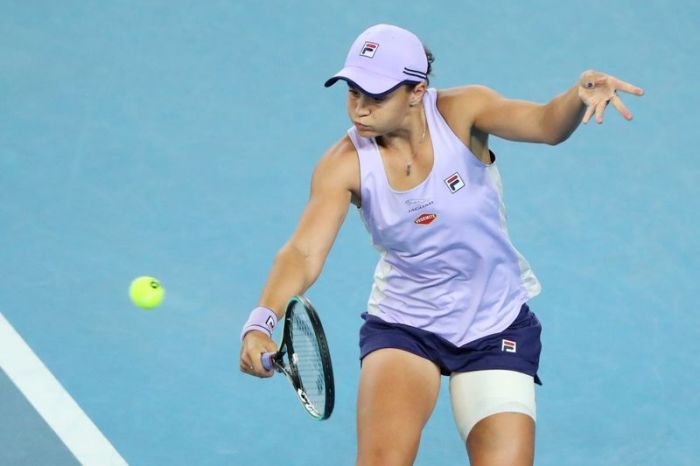PRISTINA (Reuters) – Kosovo’s anti-establishment party Vetevendosje is set to win Sunday’s parliamentary poll, preliminary results showed, further complicating Western efforts to resolve the country’s decades-long territorial dispute with Serbia.
The State Election Commission result, which was based on 87% of the votes counted, showed Vetevendosje in the lead with 47.8%, while another opposition party Democratic Party of Kosovo (PDK) is forecast to come second with 17.3% of the votes.
The ruling Democratic League of Kosovo (LDK) is forecast to come third with 13.4%, while the Alliance for the Future of Kosovo (AAK) is forecast to win 7.5%.
“This is a big victory,” Bahrie Ademi, a doctor from Pristina, told Reuters. “Finally the hope is back for the people and the state of Kosovo.”
Vetevendosje leader Albin Kurti, who served as Kosovo’s prime minister for five months last year, has won support on pledges to fight widespread corruption and on a stance that there should be no compromise in a dialogue with Serbia, which lost control over Kosovo in 1999 after NATO bombed its forces.
“The main priority is justice and creating jobs,” Kurti told reporters on Sunday evening. He said that dialogue with Serbia is not going to be among his priorities.
According to preliminary results, Vetevendosje is not likely to secure a majority of 61 seats in parliament and will have to find a coalition partner to form a government.
“There are a lot of challenges ahead of us, we have the issue with Serbia, the pandemic situation and strengthening the state,” Ramush Haradinaj, whose AAK is seen by analysts as a potential king-maker, said after casting his ballot.
Serbia, backed by Russia, does not recognise Kosovo’s independence, citing the need to protect the rights of its Serb minority. Negotiators from the European Union and the United States have failed to secure a compromise to allow Kosovo to join international bodies such as the United Nations and NATO.
With one third of its workforce unemployed and a gross domestic product per capita of $4,300, Kosovo remains the poorest country in the Western Balkan region.
(Reporting by Fatos Bytyci; Writing by Ivana Sekularac; Editing by Alexander Smith and Daniel Wallis)





























